As we kick off another celebration of Pride Month, our writers discuss what diversity and inclusivity means to them and why we really do give a damn.
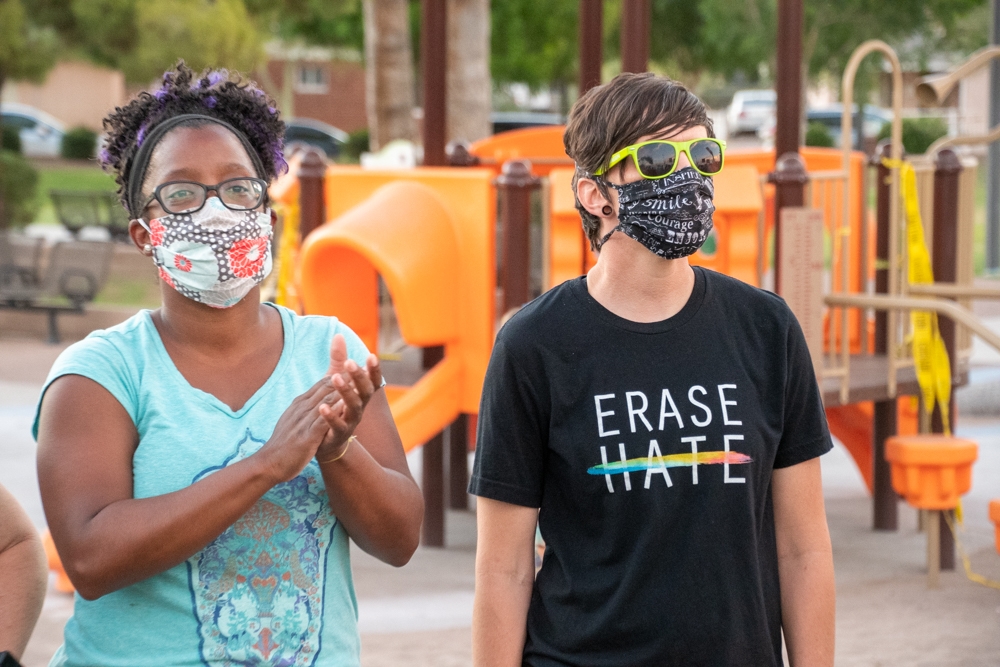
“What people often mean by getting rid of conflict is getting rid of diversity, and it is of the utmost importance that these should not be considered the same.” – Mary Parker Follett
Intro by Morbidly Beautiful Editor The Angry Princess
I know I’m stating the obvious when I tell you we’re living in extremely challenging and divisive times. It’s a sad and inescapable fact, and it makes watching the news feel depressing and nihilistic. Even social media has become a hotbed of negativity — set ablaze by flame-throwing and gaslighting.
Had I published my response to the events that took place a couple of weeks ago regarding a controversial article on Medium and the subsequent fallout, this would have been a very different article. But the world feels like it has changed so much in that short timespan (or, as my good friend so insightfully pointed out, nothing has changed; the ugliness is just all the more visible).
I re-read the words I originally prepared for inclusion in this article, and I tossed them all out. Every word now feels myopic, self-righteous, and out of touch. And now, in this time of national mourning and outrage, I struggle to find the right words; I struggle to find any words at all that comes close to expressing how I feel.
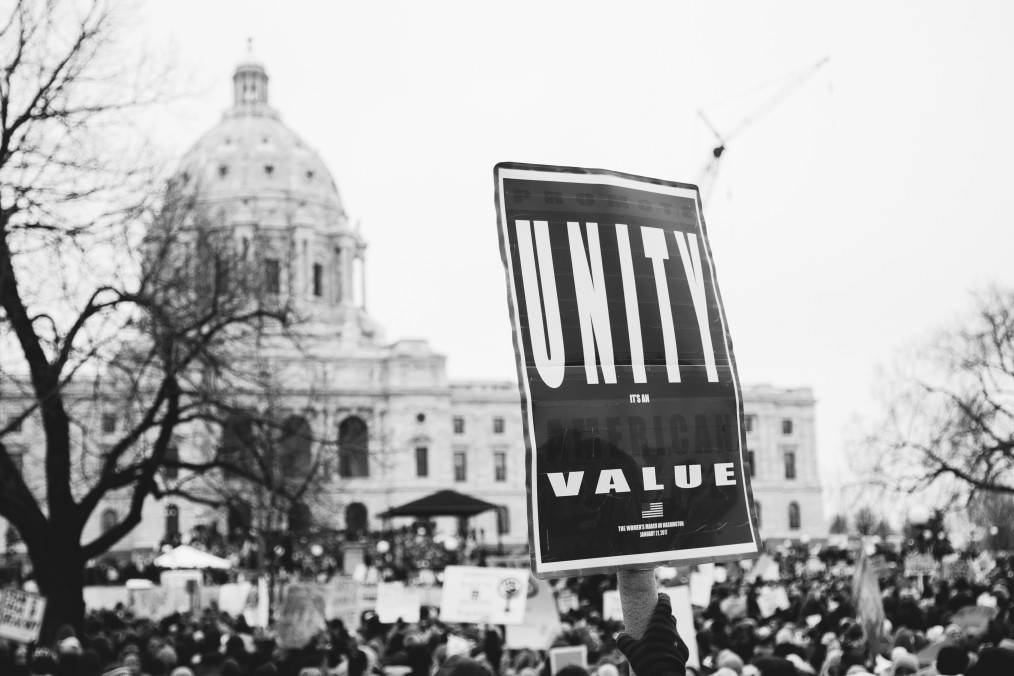
Instead, I’ll share three important things I’ve learned on the path to hope and healing:
- There is so much I don’t know, and the only way to learn is to listen and genuinely try to understand another perspective.
- We have to remain humble enough to admit when we’re wrong and compassionate enough to accept another person’s sincere apology.
- As much of a cliche as it sounds, change starts from within. I have to stop saying, “But I’m the good guy,” and start thinking long and hard about all the ways I fall short and all the opportunities I’m missing to be better.
Silence is not an option…for any of us. We cannot be afraid to engage in dialogue, even when we are having tough and emotionally devastating conversations. By the same token, if we are going to be brave enough to speak up rather than sit on the sidelines, we have to realize that we aren’t always going to say and do the right things. None of us are. We need to balance empathy with justice, outrage with compassion, and an equal willingness to both teach and learn.
I offered my writers a platform to express their thoughts on the horror community controversy, the turmoil of recent weeks, and what diversity and inclusivity mean to them. As usual, they more than delivered, bravely sharing their unfiltered truth in a way that makes me incredibly proud. You may not agree with everything you are about to read. You don’t have to.
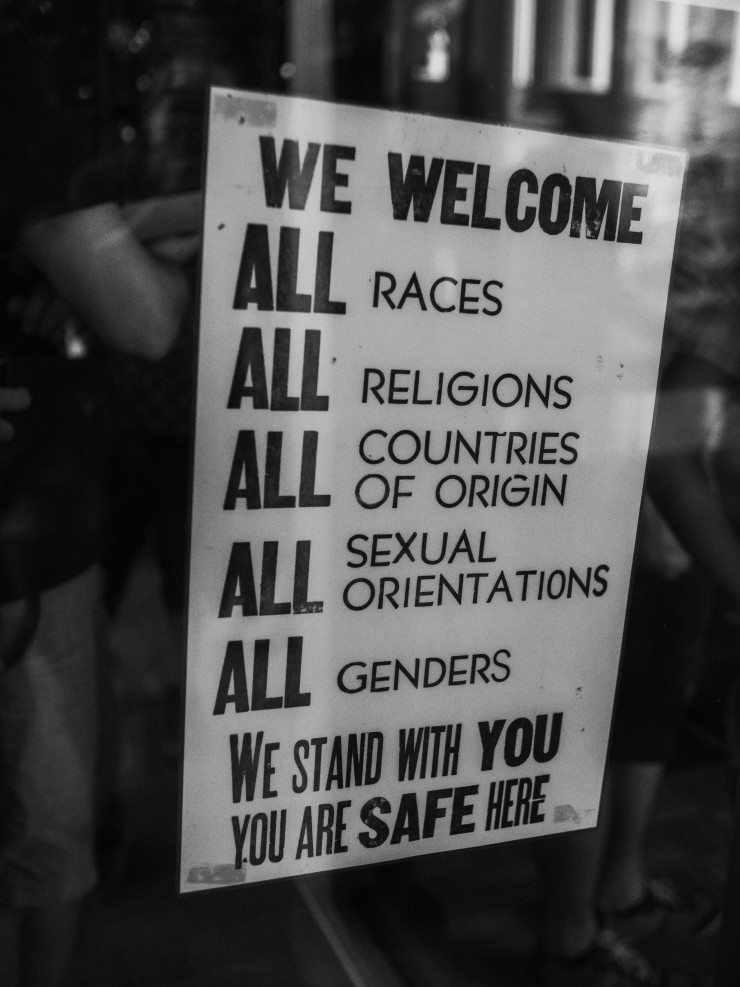
@doodiebearz via Twenty20
Agreement isn’t the path to unity. Acceptance is.
I believe satire and free speech should be vigorously defended. I also think we should care about the consequences of our speech and understand the power our words have to both heal and divide. I also believe intent matters; ignorance is not the same thing as malice. If someone desires to change, we should not only welcome that, we should actively support and encourage it.
Understanding and enlightenment lie in the distance between two points, not squarely at point A or point B. We could all stand to do a lot more listening to each other rather than shouting each other down. And maybe we could stand to try, as hard as it may be, to see the world from someone else’s perspective.
I’m proud that we have decided to celebrate not only Pride Month on this site, but have also dedicated the month of June to Diversity Month — expanding our scope to focus on a variety of marginalized and underrepresented voices in the genre. I’m also proud that we’ve brought on a new Diversity Editor to help us honor our commitment to cultivating a diverse pool of talent and content. We won’t always get it right, but damn it, we will never stop trying.
Most of all, I’m so proud that this continues to be a platform where diverse ideas are not only tolerated but welcome. I think respectfully challenging ideas and offering competing perspectives is the way to start a healing dialogue…and perhaps begin to change minds.
…
WE NEED TO GET PAST JUST “SAYING” WE CARE ABOUT DIVERSITY AND ACTUALLY DOING SOMETHING ABOUT IT.
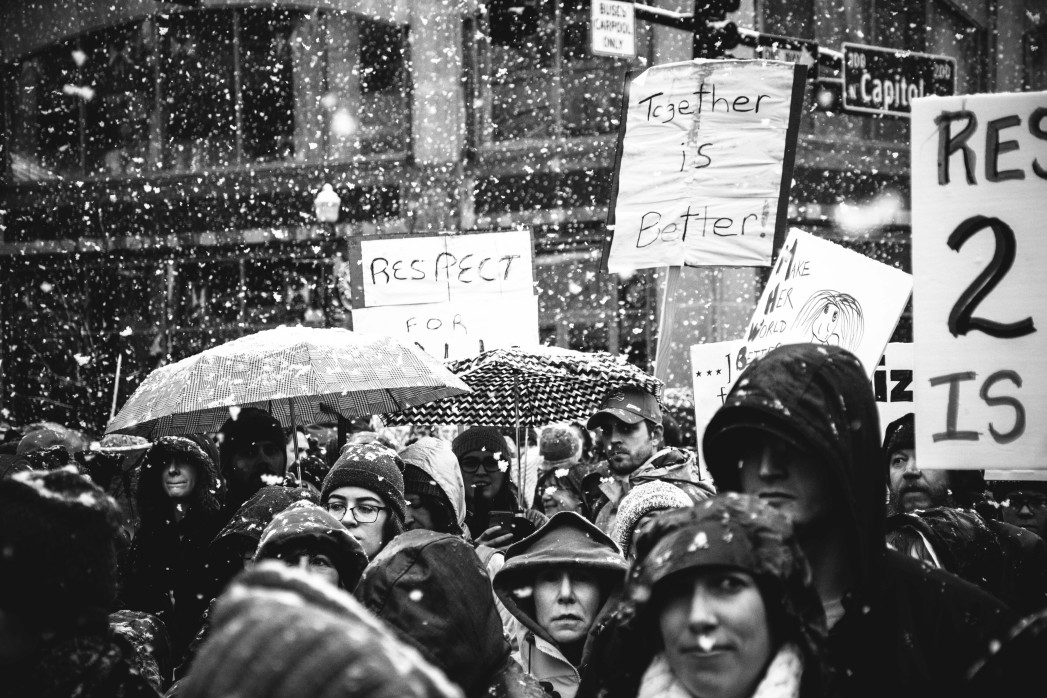
@nathanlopezphotography1 via Twenty20
Editorial by Joy Robinson
Full disclosure: I never heard of Joe Bob Briggs until I signed up for Shudder and started seeing ads for The Last Drive-In. And I never watched the show because the redneck shtick turned me off. I live in the Bible Belt; guys like Briggs are a dime a dozen.
So admittedly, I don’t have the nostalgic attachment to him that many fans do. I’m sure that made it much easier for me to write him off once I started noticing his habit of saying dumb shit. To me, he seems to represent an old-school “boys club” idea of horror fans, a notion that has never been truly accurate.
Of Briggs’ article about LGBTQ identities that recently made the rounds, all I can say is it gave me a headache. It’s not the most offensive thing I’ve ever read in my life, but it’s old, boring rhetoric that we’ve heard a hundred times. It’s the same crap you hear from most old conservative white dudes who are set in their ways and stick their heads in the mud when presented with something that doesn’t fit their narrow mindset.
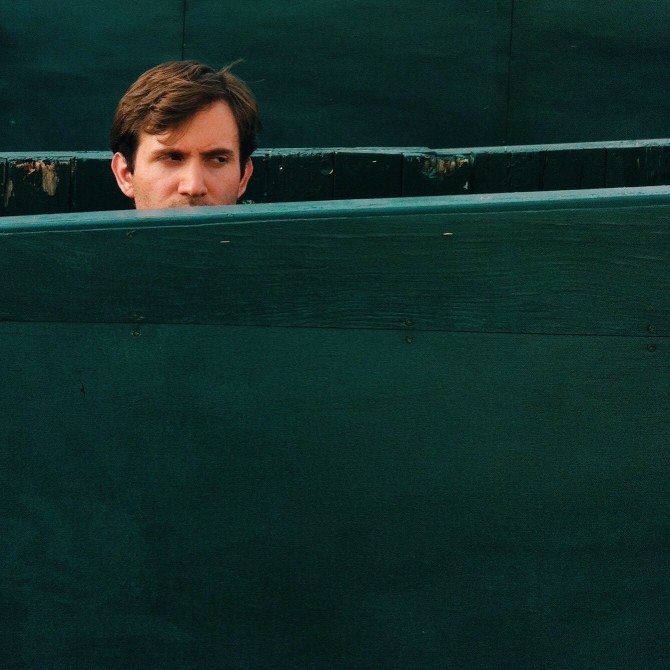
At this point, for me, it’s not even about what Briggs said in his article anymore.
(Though maybe we should be talking more about the fact that it was written for an alt-right website — a site that Briggs wrote frequently for and that has a distinctly white supremacist lean. The red flags are piling up.)
What bothers me the most is the response among the horror community when queer fans openly took issue with the article. It’s the vitriol from Brigg’s fanbase, who harassed queer fans once the issue gained traction on Twitter. And it’s the deafening silence from many who claim to be our allies.
Normally I might provide direct examples of the kind of comments directed at fans who spoke out against Briggs’ article, but I can’t bring myself to willingly seek them out. Seeing them once was more than enough.
Suffice it to say many queer horror fans suddenly felt unwelcome in the community we call home. We were told in no uncertain terms that our thoughts and feelings are unimportant compared to this one man because he’s a pillar of horror, because it’s “satire,” because we’re just easily offended “snowflakes.” Because how dare we “attack” this man, this hero who is so brave in the face of political correctness and cancel culture.

Joe Bob Briggs was never in danger of being “canceled.”
He will continue to be an honored icon of the horror community, he will continue to be given platforms to keep saying the same old crap, and his show will continue to air every week. He laid low when the shit hit the fan, tweeted a non-apology and a generic “horror is for everybody” blanket statement, made a joke about it, and moved on.
I doubt he really cares who got hurt along the way because he doesn’t have to. He’s safe behind his privilege and his Mutant Fam, who will continue to go after anyone who dares to vocally disagree with him.
I’m not calling for Briggs to be “canceled.” I wouldn’t mind seeing him knocked off the pedestal people have put him on, but that’s really not the same thing. I wouldn’t mind seeing some of his attention and opportunities given to someone else — a person of color, a queer person, a woman. The kind of people who are usually passed over for people like Briggs.
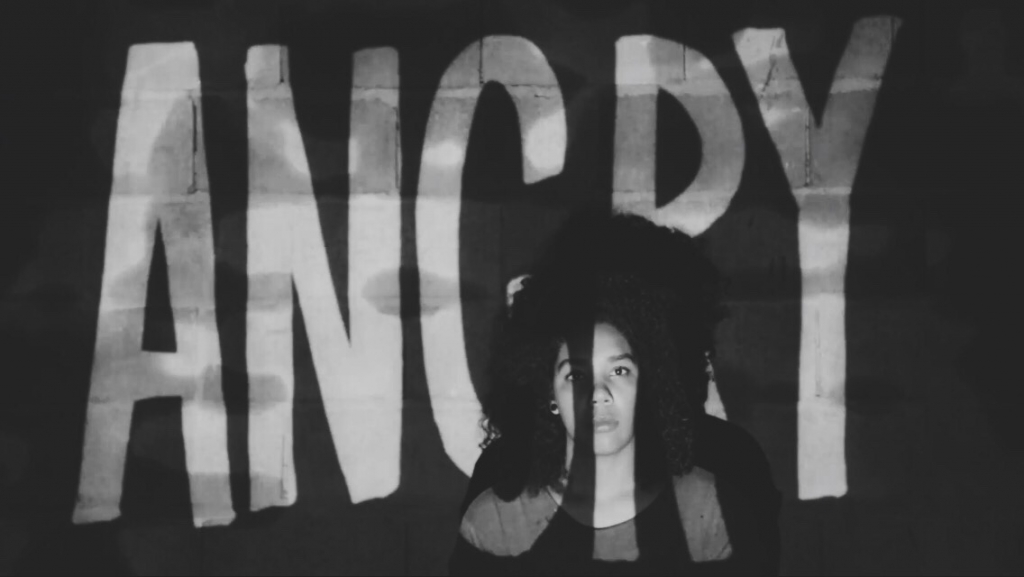
@natalialmeida via Twenty20
I wouldn’t mind seeing those who talk about the need for inclusion and diversity in horror put their money where their mouth is when their favorites fuck up.
We have to be critical of our heroes and remember that they are human. And we have to listen to people from marginalized communities when they tell us our favorite fucked up and said or did something hurtful/offensive/etc.
This entire debacle has exposed a raw nerve. There’s been a lot of hurt all around. And the only way that hurt can truly heal is if we as a community learn from this. If we truly start acting like “horror is for everybody.”
EVERYBODY means LGBTQ fans; it means fans of color; it means fans of every religion; it means fans you disagree with and maybe don’t even like. It means we stop raising a privileged few above everyone else and start amplifying the voices of those who are most frequently silenced.
It means stop fucking dogpiling people on Twitter every time they say something you don’t like or take your favorite celebrity to task. It means being accountable and being open to making mistakes, changing, and growing.
We could all do with a little growth — myself certainly included. It’s not easy, but it’s necessary.
…
HOLDING YOU ACCOUNTABLE ISN’T THE SAME THING AS HOLDING YOU DOWN.
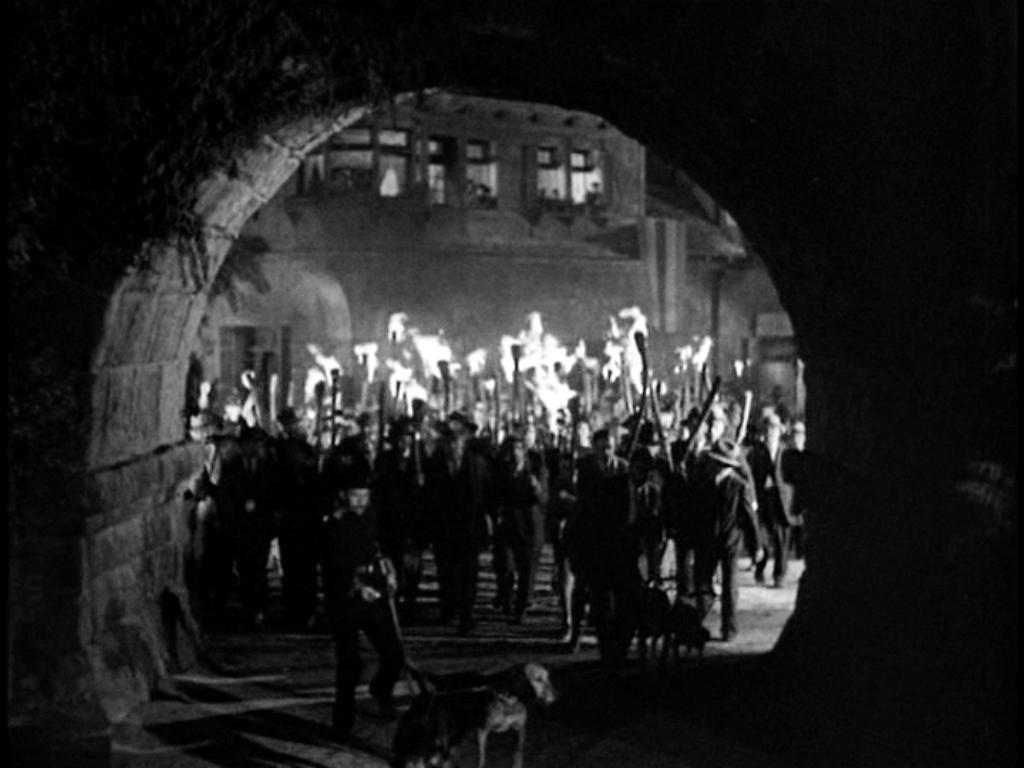
Editorial by Jamie Alvey
For a lot of men in the horror community, criticism seems like slander, like people picking up metaphorical pitchforks and screaming for blood. In reality, it’s a lot less like the villagers in Frankenstein and much more just good people who are hurt and voicing their concerns. It’s understandable to want to protect the people you love and admire from reproach because of the good that they have done. No one, however, is above reproach.
No one is fully the good things that they do. People are also the bad things that they do.
Arguments that people should be given a pass for all the good they have done for the horror community doesn’t allow for such nuance. It’s short sighted and hurtful. People are flawed, and the sooner that we learn and accept that fact, the better. The hallmark of people who are truly good at their core are those who are able to listen, admit they’ve hurt people, and do better in the future. It’s called growth, and it is a beautiful thing.
To stay completely static is reductive to yourself and those around you.
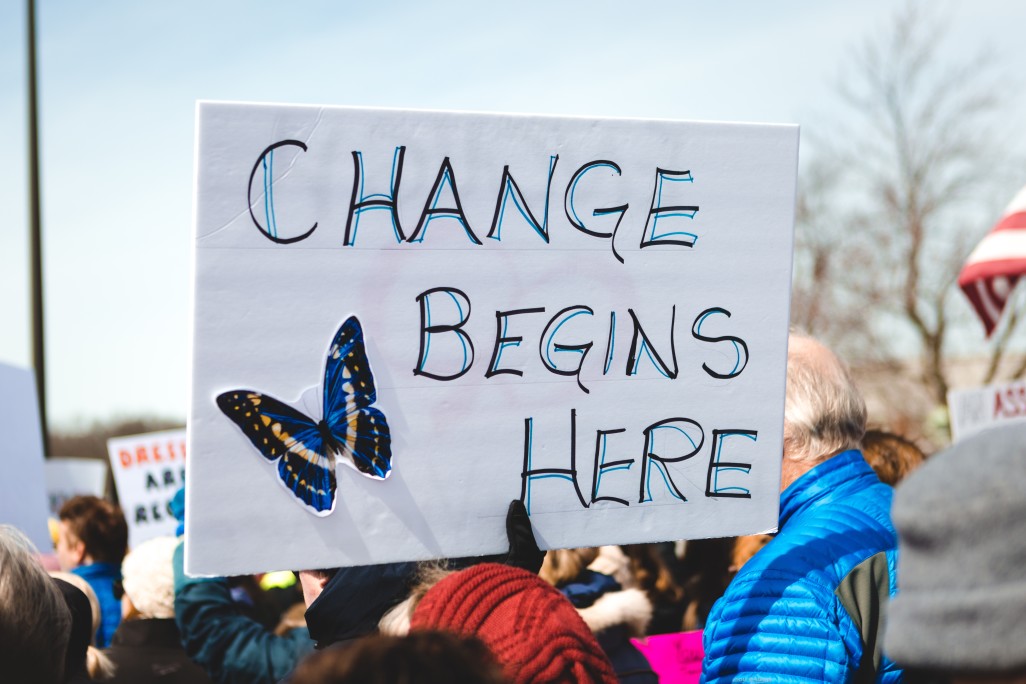
Criticism is not a bad thing.
As someone who has spent a good portion of her life writing and acting, I’ve learned that criticism is often intended to make you better. However, so often, people who point out an icon’s missteps in an attempt to help us all be better find themselves the target of brutal backlash. More often than not, that backlash doesn’t come from the person being taken to task. It comes from that person’s fans.
I am of course aware that not all fans of Joe Bob Briggs participated in the harassment of a deeply hurt individual who rightfully feels like their membership in this community is tenuous. But the ones who did? They did so in such a nastily gleeful manner that it was revolting.
Taking time to understand those marginalized voices different from your own really helps. It’s called empathy, and it’s something that we need to learn before we go off the handle on people who are speaking from a place of genuine hurt. It’s something we need to do before using harsh language. We need to understand how much power words have, even when we say things out of more ignorance than malice.
A recent article in defense of Joe Bob Briggs compared the criticism of the horror icon to a “digital lynching.” Black people are still lynched around the world today, and the word lynching is steeped in a long history of racist violence. Holding straight, cis, white men accountable for their actions should not be spoken about in terms related to the senseless slaughtering of marginalized people.
The way you phrase stuff matters. Take some time to step back if you need to and meditate on the situation.
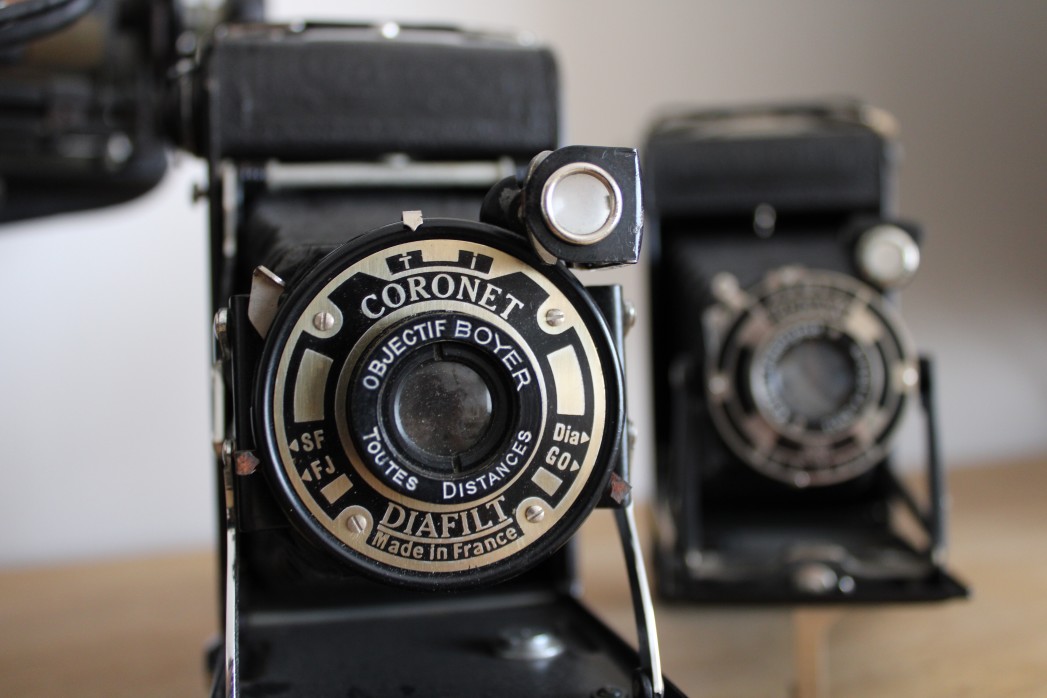
The lens of nostalgia is powerful and heady.
I get it. I look back on my childhood days and think of it with a sort of reverent sweetness. Nostalgia is rose-colored and Gaussian, and it often facilitates our idol worship. You are allowed to look back fondly and lovingly at the people who share space with your happiest memories. You can do this and still be critical of that person’s bad actions.
This is a moment when those who have enjoyed a position of privilege should be leveraging that privilege to raise up the voices or marginalized peoples and give them a chance to be heard, instead of callously and thoughtlessly speaking over them.
You can help facilitate change for those that are hurt. You can reach out a hand, pull those people up beside you, and stand with them instead of taking a chance to throw them under the bus in order to defend someone you consider above criticism. How many times have I seen Stephen King stick his foot in his mouth while his adoring fans respectfully call him out? Plenty.

Criticism doesn’t mean you don’t love or respect a person; it means you expect more out of them.
Horror is full of people from all walks of life who feel like misfits and outcasts. Just because something or someone has been a safe harbor for you doesn’t mean that’s true for all horror fans — especially those whose inherent being or identity has put them on the fringes of society at large. It strikes me as ironic that those who align themselves as being the weirdos often lack empathy for their fellow weirdos who have a wholly different experience from theirs.
There is a miraculous school of thought within feminism known as intersectionality. We can thank the wonderful lawyer and civil rights advocate Kimberle Williams Crenshaw for this term. What is intersectionality? It largely looks at systems of oppression and how they can overlap, thus making a person’s experience different from other marginalized individuals.
I’m a cis straight white woman. I can definitely be oppressed because of my status as a woman, but I have privileges that a trans-Black woman doesn’t.
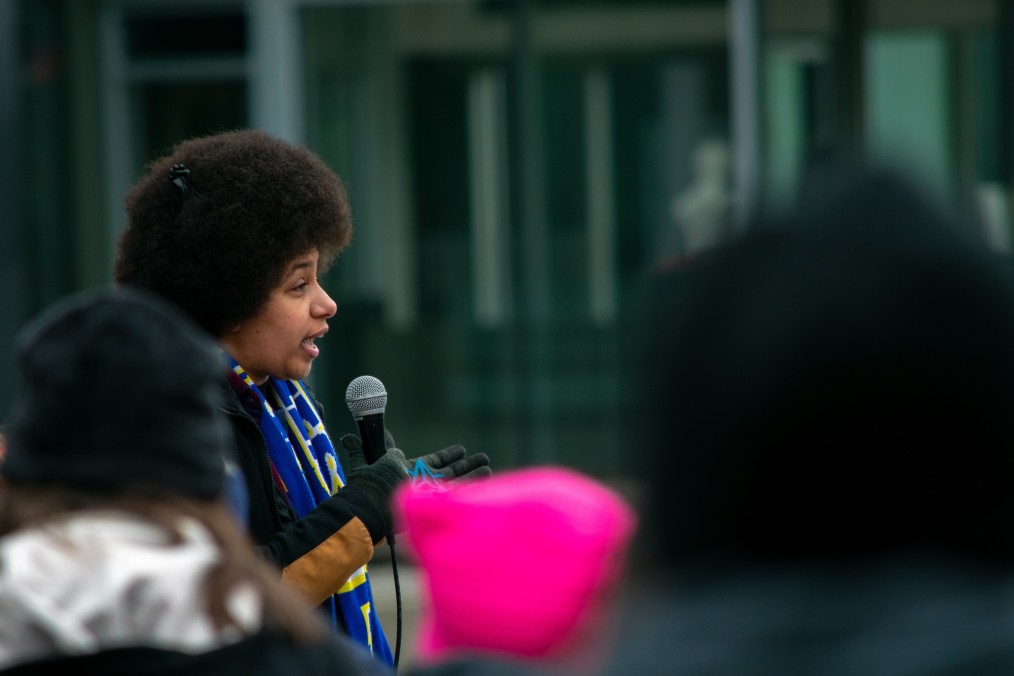
I believe the horror community should integrate the idea of ‘intersectionality’ into its commitment to inclusivity.
I know people may say, “Oh, this splits us up into factions and divides us! This is further divisive!” That’s a non-sequitur.
By acknowledging that horror isn’t a one-size-fits-all experience, we can better accommodate those who feel like they’re being marginalized in a community that should be making them feel safe. This the only way to truly make horror an experience for everyone.
It’s how we say, “I see you and your experience and recognize it is different than mine — and that it is just as valid.”
Make no mistake; there is a reason that people of marginalized identities have come to horror in the first place.
When you’re constantly ‘othered’ and made out to be the monster of life, it’s easy to identify with the genre, which is built on the likes of Frankenstein, the Gill Man, the Losers Club, Fitzgerald sisters, and so many more characters who find themselves on outskirts of life and in constant pain and fear. Marginalized people are the backbone of the horror tale, and in real life, they deserve a seat at the table and acceptance.
They deserve just as much respect as the people that you revere and hold dear.
…
HEROES FALL, AND HUMANS FAIL, BUT THERE’S HEALING ON THE OTHER SIDE.
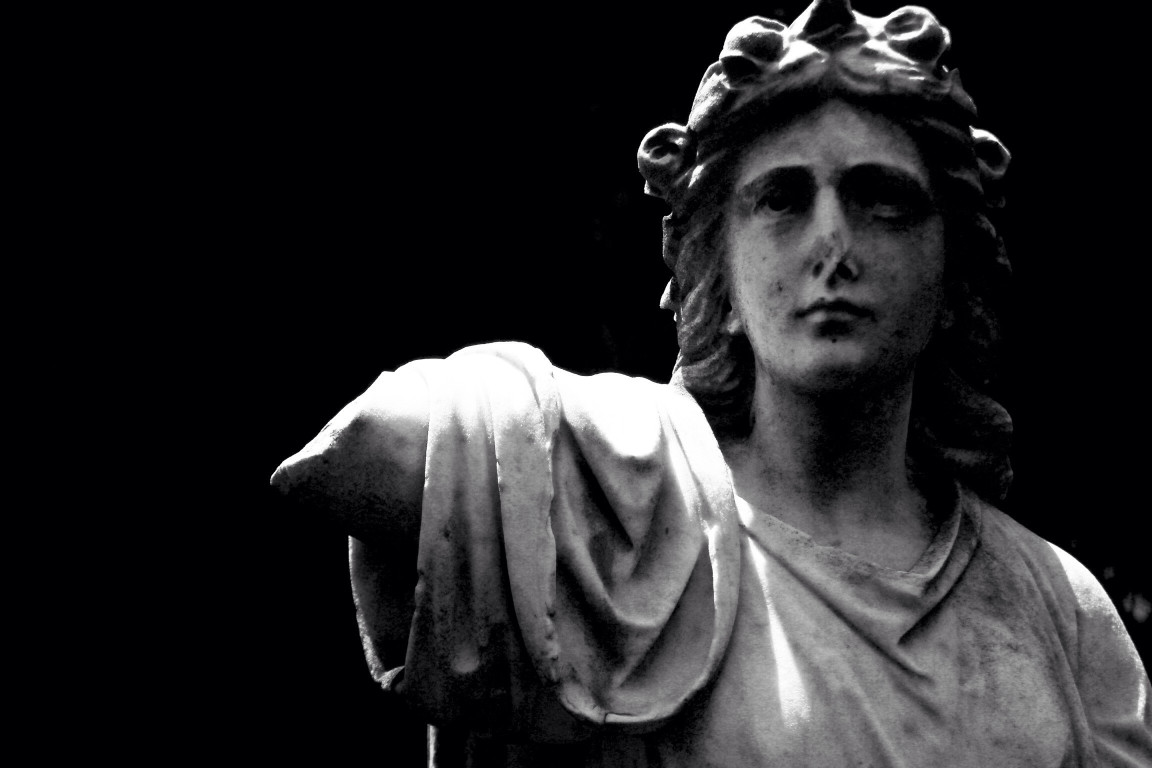
Editorial by Richard Tanner
Horror has always been an open community. It is where a lot of us, as budding nerds, found a home. This is not my way of saying that the black guy didn’t die first in pretty much every scary movie ever, or that horror filmmakers didn’t harshly perpetuate transphobia since the first celluloid print hit the screen. What I’m saying is that horror welcomes all.
Joe Bob Briggs got himself into some hot water recently. I’m not here to defend him. I read the article, I read the article about the article, and then I read 50 other articles about everything from every angle.
Joe Bob’s post about LGBTQIA culture is in bad taste.
I think he was trying to do a rant in a comedic tone about time changes and came off as an angry old man. He didn’t come off as the Devil to me, though. I know some people were very upset that he was published on the Taki Magazine website. Look I get it, if you sit in a trash pile, people might mistake you for trash. Joe Bob did that to himself.
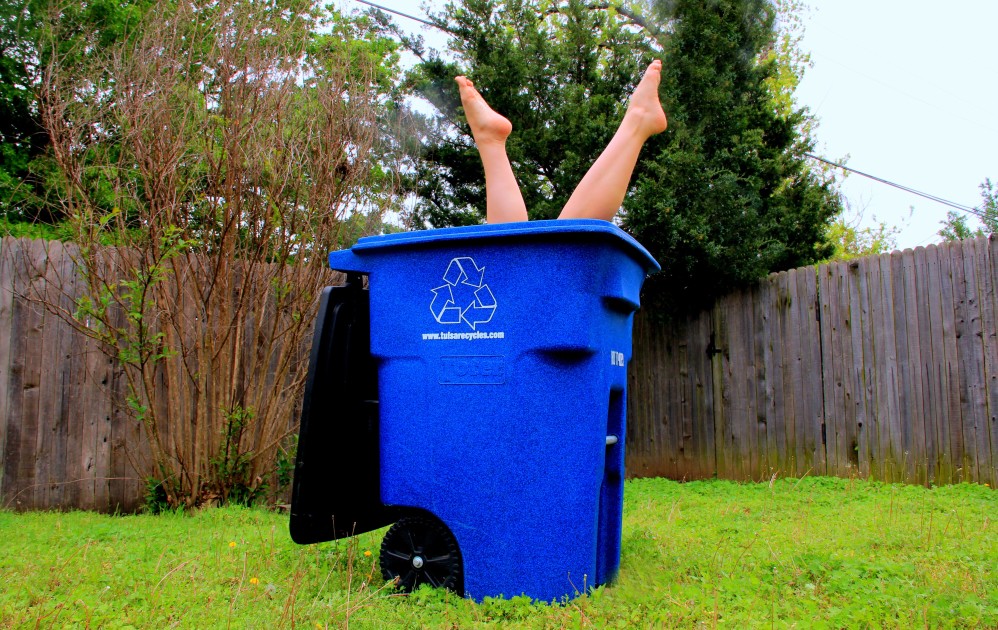
The funny thing is that I don’t feel like this has much to do with what Joe Bob said anymore.
Some of it boils down to people defending and others bashing, but Joe Bob is surface-level. This really boils down to gatekeepers and voices. I’m a true blue believer that every voice is allowed to be heard, even if you disagree with it… hell, especially if you disagree with it. If you only listen to people agreeing with you, then you might as well pull out the stops and just join a circle jerk (can we say circle jerk on this site guys?).
It’s okay to be offended. It’s okay to be offended and still a fan of Joe Bob. It’s okay not to be as well. Life is made up of a tiny million battles. You lose some and you win some. Occasionally, you decide this is the hill that I will die on.
So ask yourself, do you really want to lose people over a horror host that dresses up like a redneck and spouts stupidity and movie trivia? Maybe you do… I really don’t.
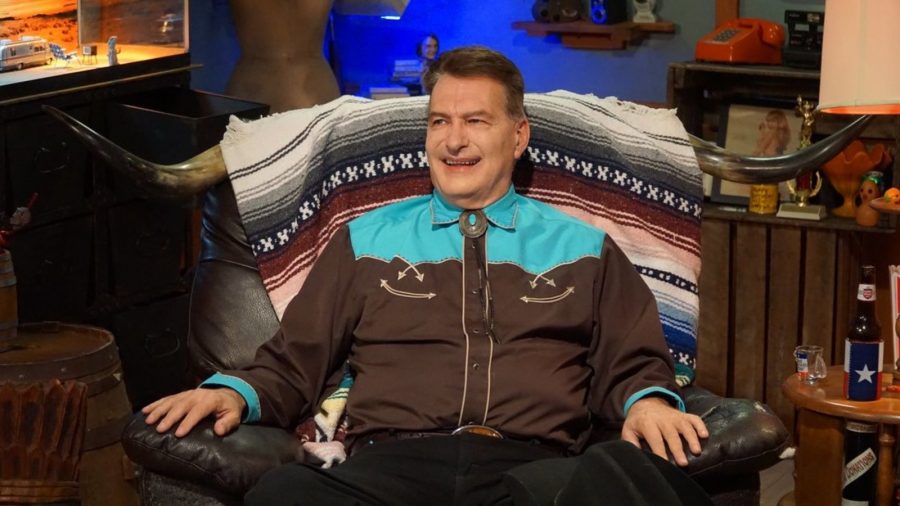
I’ll still watch The Last Drive-In.
I’m not canceling my Shudder account, though I may not rush to get The Fright Rags toy when they have a second run now. I can separate the art from the artist.
I still think Rosemary’s Baby is one of the best horror films of all time, but Polanski can rot in hell.
Joe Bob was a legend to me as a kid, but as I’ve grown up I know he is just a man and most certainly not perfect. Hopefully, he will learn and grow. But more importantly, I hope this helps us to learn and grow as a community as well.
…
PASSIONATE DISAGREEMENT IS A KEY TENANT OF REAL DIVERSITY.
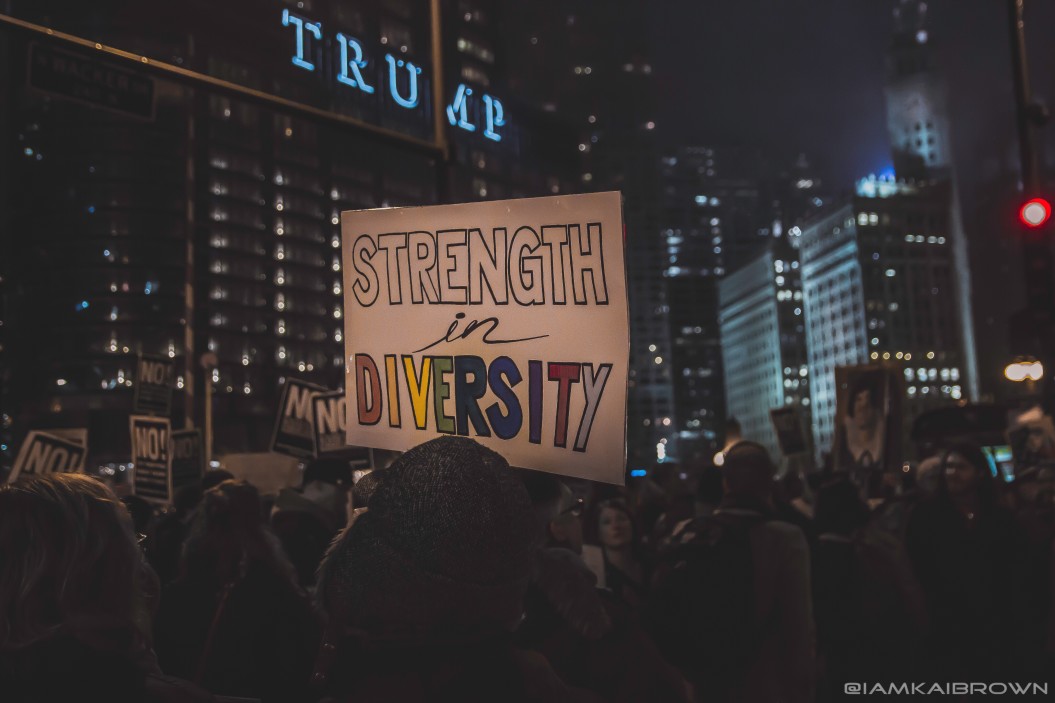
Editorial by Jack Wilhelmi
One of the most powerful definitions of diversity that I’ve come across is as follows from the University of Oregon’s Diversity Initiative:
I’m not here to defend Joe Bob Briggs; he’s a powerful man with many followers, and he’s capable of defending himself. Furthermore, he did what a lot of people in his position have not and would not do — he invited conversation.
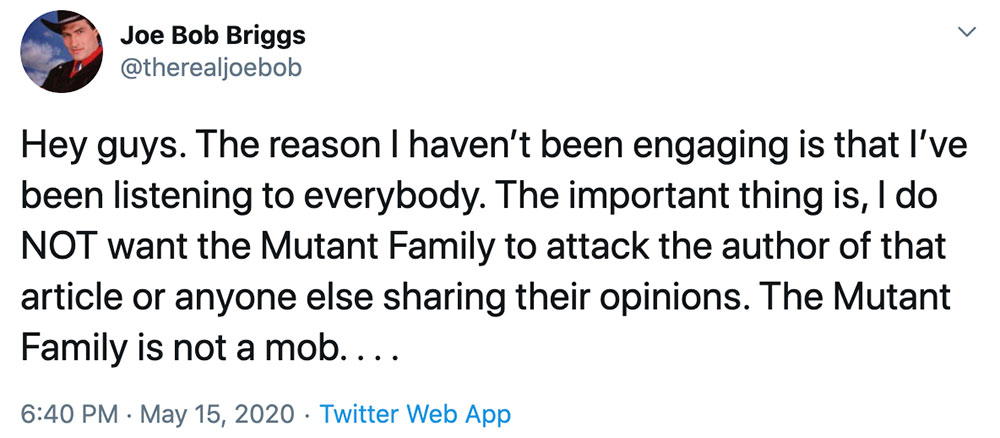
What I would like to use my platform to address, instead, are three concepts: diversity, equality, and freedom of speech.
Diversity, to me, means the aforementioned statement.
Equality can mean numerous things, but at its base, I choose to feel that it means “equal”. This doesn’t allow for any one group to feel superior to another, nor does it boast that anyone is deserving of more rights. Really, all equality means is that the same rights, freedoms, and expectations are allowed to everyone. It’s the Golden Rule of humanity: “Treat others how you would like to be treated”.
Freedom of speech…well, that’s something else.
Freedom of speech can mean the Constitutional definition. It can also mean having the right to blare one’s opinion — no matter how hateful or out of touch — without fear of backlash or outcry. To me, freedom of speech means the right to speak out and use one’s voice, platform, and words to state a feeling, opinion, or — simply put — the basic human right to be offended.
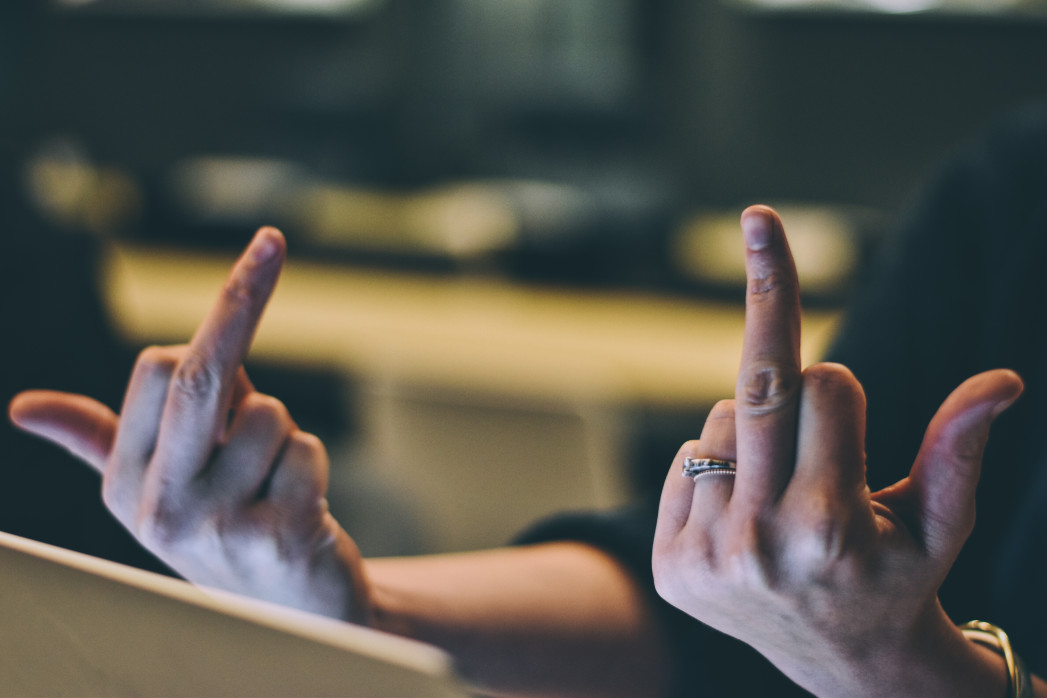
If you look historically, being offended is just about the most American thing in existence.
This is where Joe Bob Briggs comes into the greater discussion. He wrote a column for a publication, and he offended people. Specifically, the article referenced was regarding his confusion about the LGBTQ+ community and the ever-shifting tides of pronouns, gender identities, sexualities, and beyond. Some people think it was an attack on a marginalized community, while others argue it was pure satire. There’s no real way to determine who is right and who is wrong.
However, people on both sides of the aisle — those who are allied or involved with the LGBTQ+ community and fans of Joe Bob Briggs, along with tons of folks in the middle who straddle that line somehow — were offended. This was either because someone they admired was being attacked or because they felt attacked by a very prominent figure in the horror community.
There are also shades of gray in this; people were offended because of the publication he wrote for, and they were offended because they either tried to defend or criticize Joe Bob and got attacked in response. As with most situations like this, it became about something far greater than the original point of debate.
I’m a heterosexual-identified trans man, and I don’t disagree with Joe Bob Briggs. I also know that we here at Morbidly Beautiful published two standalone articles: one that supported Joe Bob and one that condemned his actions. In full disclosure, I don’t fully agree with either of those points of view. However, I support anyone’s right to be offended for whatever reason they choose. But there’s a caveat to this.
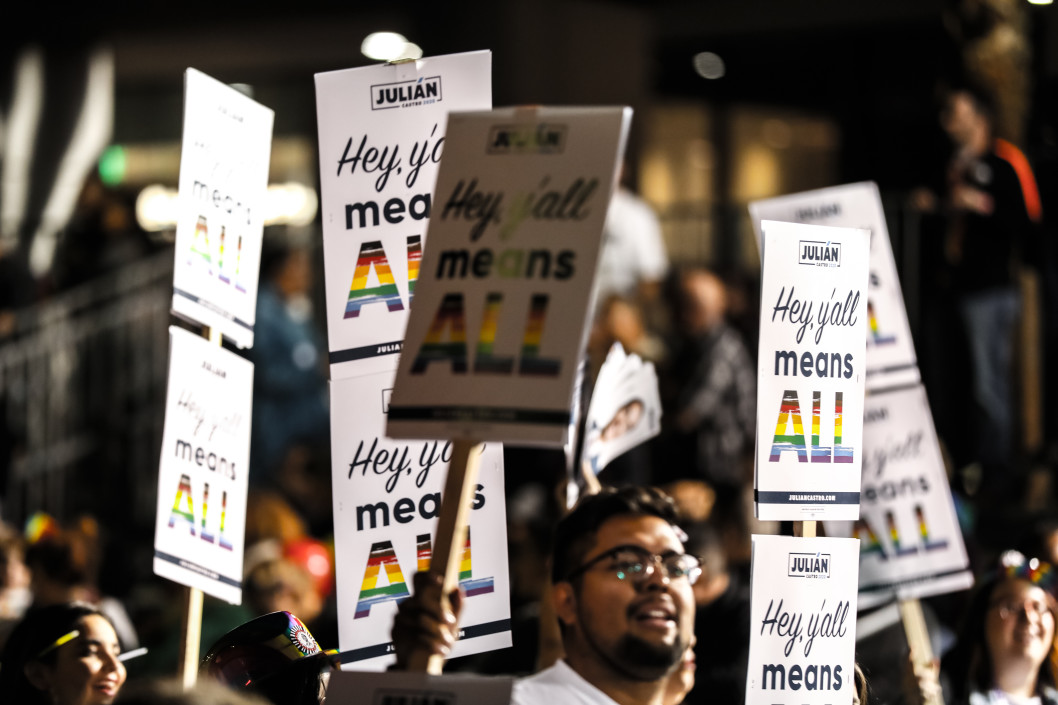
If you want to be offended, voice an opinion, and share your thoughts, you need to also be willing to listen to what other people have to say.
I strongly feel that listening, allowing a conversation to be made in situations like these, is the way to heal the divide between ‘us’ and ‘them’. And no, I don’t wish to specify who ‘us’ and ‘them’ are, because it can go any number of ways.
Personally, what offended me most was the way people responded to others voicing an opinion — while simultaneously lamenting how their voices, opinions, thoughts, and feelings were being silenced. If we look back at equality and my feelings surrounding it, this is cut and dry: some people thought that they were being silenced by the majority voice, and so they chose to respond to that by attempting to silence it. That’s not equality, that’s hypocrisy.
Personally, I have felt out of touch with my own community for a long while, and there are a few reasons for that.
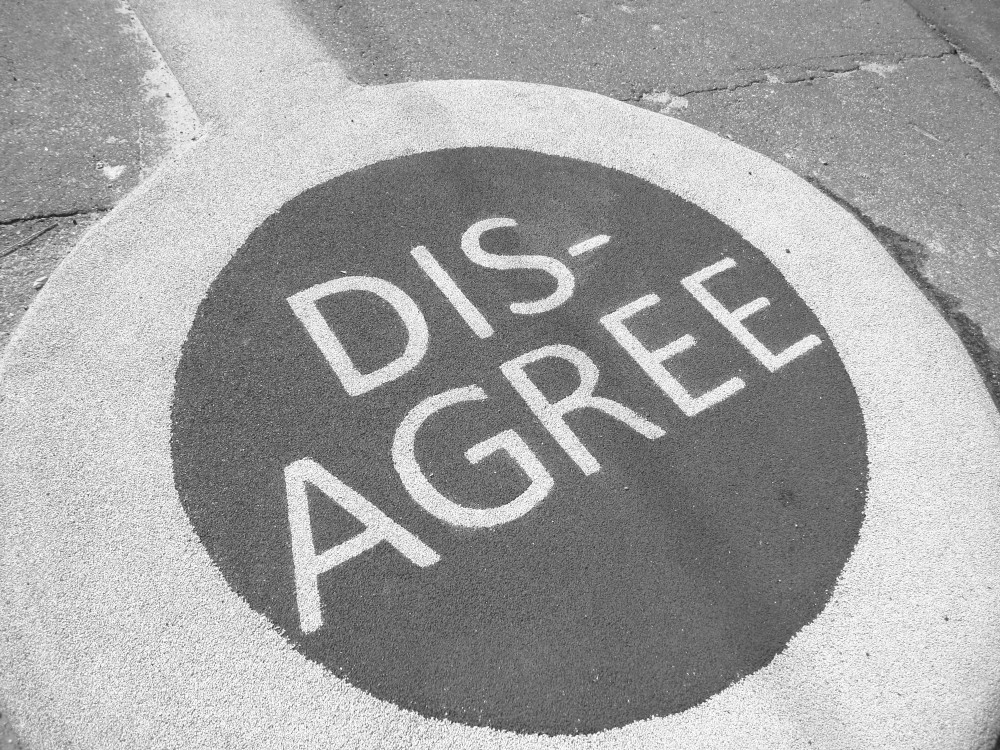
First, I strongly believe that everyone deserves a voice and platform, even if I don’t agree with them.
This often is seen as dissent or even being a traitor because I don’t always subscribe to the wares ‘my people’ are selling. I’ve felt more comfortable amongst groups of cisgender, heterosexual males who are fans of Joe Bob Briggs and horror movies than I have amongst groups of horror fans who identify as LGBTQ+.
The reason for this is because, if I’m misgendered or met with confusion from cis guys, there’s a quick correction, usually an awkward apology, or at worst, they just avoid me completely…and that’s that. From members of my own community, I’ve been met with, “Well, you can’t identify as heterosexual; you’re queer,” or “How can you believe it’s okay for them to say X when you’re one of us,” or even “You’re a gender-traitor if you really think that way.”
I read Joe Bob’s article, and I, too, am often confused by people’s pronouns, identities, sexualities, and the all-encompassing labels that people choose to identify themselves. However, as a staunch believer in equality and diversity, I feel people can think, feel, and identify in whatever way is important to them: I may not understand it, but I will respect it.
The opposing view – one that I’ve experienced personally – is also hypocrisy.
My reason for feeling alienated led me to find myself in an interesting place amidst this greater debate surrounding the JBB controversy; if I didn’t disagree with him, was there something wrong with me?
“Well, there you go, Jack, being a traitor again,” I thought to myself after I caught up on Twitter and read everything people were sharing. But then, I thought: no.
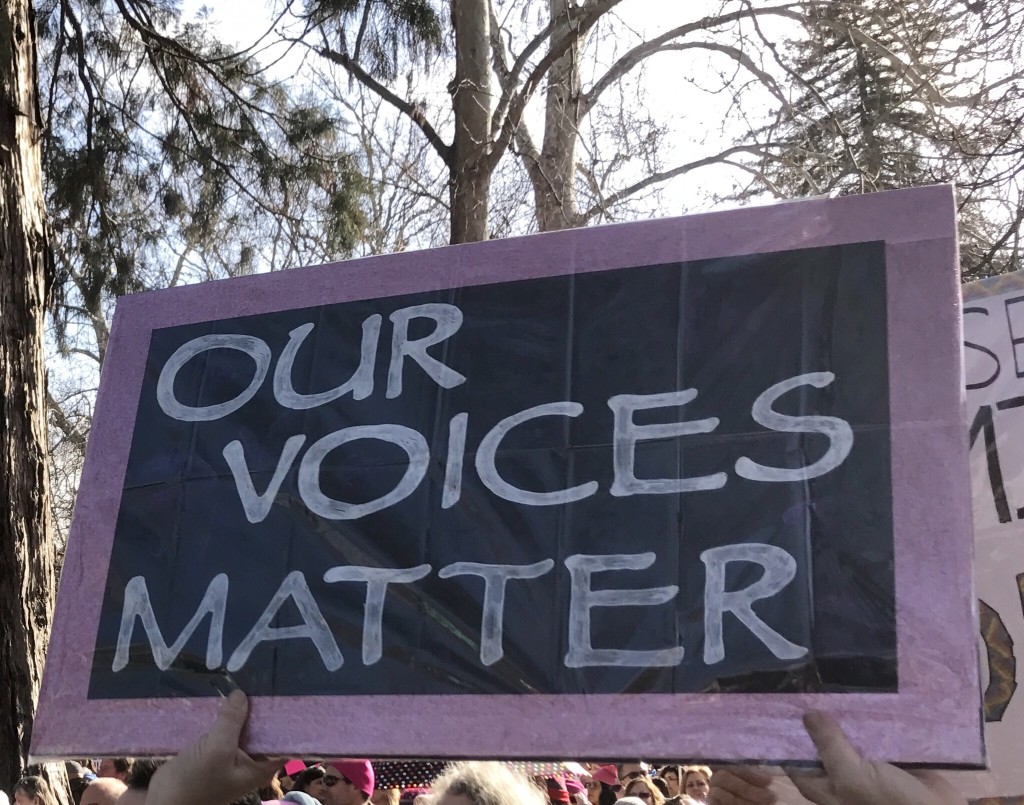
No, because if people in marginalized communities want a voice, they deserve one, but it can’t be at the cost of other people losing their voices.
So I was proud of us for publishing an article that – while I didn’t agree with it – gave someone a platform and a voice. I was proud of us for offering that same platform to anyone because that’s equality. I respected us and our vision because we are an amazingly diverse group of passionate writers.
I did not respect being blocked on Twitter for having an opinion of my own. I did not respect the thought that we shouldn’t have published something because it wasn’t what everyone agreed with.
To everyone reading this, I leave you with a thought to chew on: If you believe in freedom of speech, equality, and diversity for yourself, shouldn’t you also want those things for other people?
If you believe that your identity matters and is valid, shouldn’t you extend the same courtesy to someone else? If you believe your voice is powerful and you have a basic human right to be offended, shouldn’t you let other people be offended, too?
Because I support that, and you, one hundred percent. I always have, and I always will.
…
LET’S STOP MAKING EXCUSES FOR BAD BEHAVIOR.
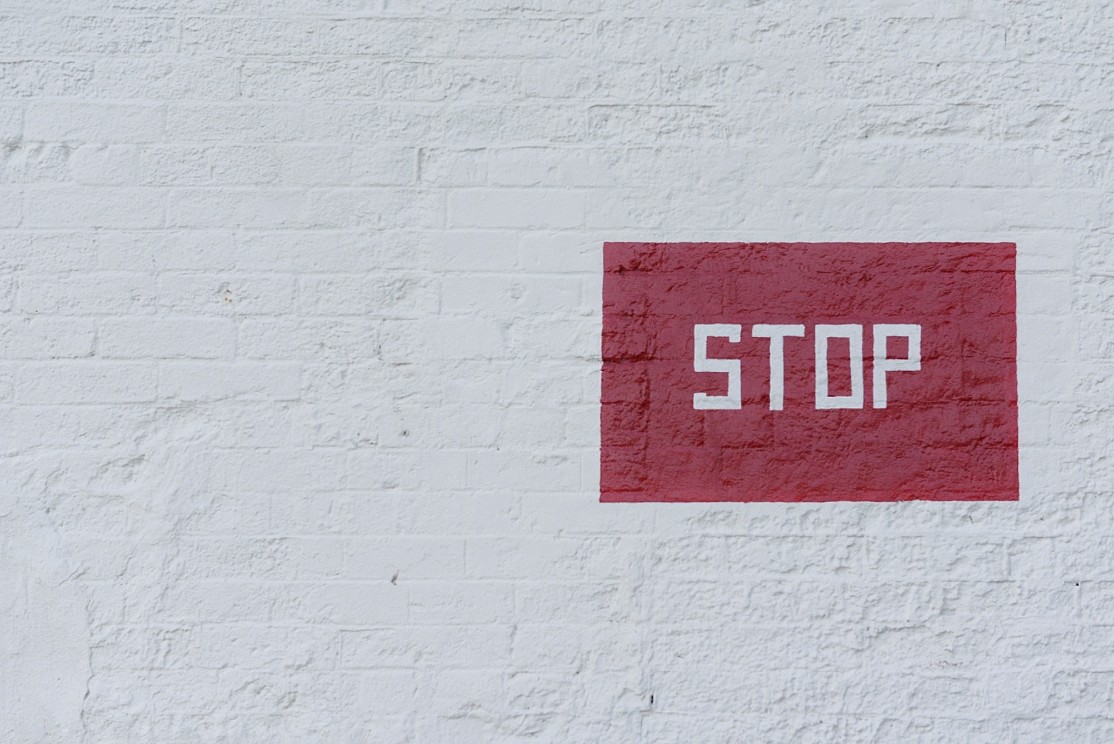
Editorial by Jeremy Herbert
My opinion is the least necessary when it comes to the subject of inclusion, but I have spent almost four years in the writers’ room of a college comedy show squinting at the fine, sometimes subliminal line of satire.
That’s what we were on paper, at least: political satire. What that meant in practice was a lot of completely irrelevant gags and one or two genuinely dangerous sketches each week. I was pitched some absolutely heinous ideas — that is if the viewer didn’t recognize them as satire. So that became my rule, weighing the depiction against the perceived endorsement.
If satire can easily be mistaken for the real deal, then it’s not good satire. And no rubber stamp can pass it off as such.
John Bloom and Joe Bob began as clearly delineated identities. Bloom regularly referred to Bob as a separate person in his/their column days. It didn’t save him from controversy — see: We Are The World parody — and I’d say he earned what he got at the time. But in The Movie Channel and Monstervision era, most political incorrectness stayed along the redneck lines. And his books, for the most part, remain excellent historical resources on an otherwise overlooked corner of cinema.

At some point between Monstervision and The Last Drive-In, the character and the man blurred.
He wrote for a site that encouraged understanding for neo-Nazis, or the guys in white polos and tiki torches, as he called them. There’s been a slow decline on The Last Drive-In as his rants get longer and farther afield.
The moment I noticed something was wrong came during the Barbara Crampton episode when she gritted her teeth through a rant on one of the issues that have brought about this re-examination.
I like the guy a lot. I even have a picture with him. He’s an essential historian on a subject still underserved. His live show is wonderful, but it would also be easier to take without an unnecessary preamble against “safe spaces.”
If the “satire” is that he’s mocking the spectrum of queer identity because he’s a cranky old guy, then I don’t get it — because an awful lot of horror fans seem to have taken it as implicit encouragement to do the same. If laughing at the joke requires shrugging off the continued harassment of entire demographics, it’s not a good joke.
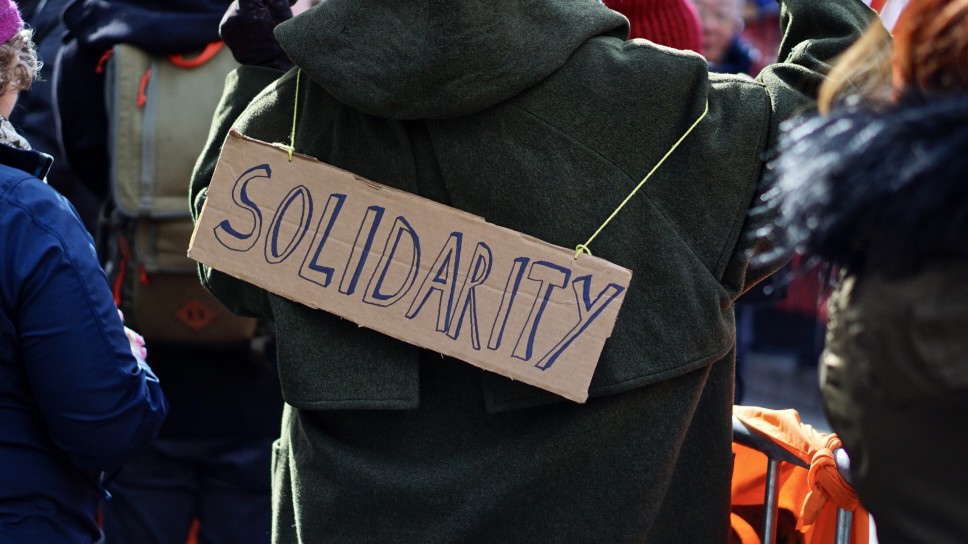
If the choice is between watching two B-movies with color commentary on a Friday night or supporting people who feel targeted, othered, or kept out of the clubhouse, then it’s not a choice at all.
I don’t think he’s a monster. Friends and coworkers of his have only had the warmest things to say about the man behind the bolo. Joe Bob himself already tweeted about listening to the dissent and working to make the Mutant Family as inclusive as possible.
Nobody’s coming to haul him off to Internet Prison, and any hysteria to that end is just another way to silence the necessary dialogue.
But the same way a whole lot of nieces and nephews are holding their problematic uncles more accountable at Thanksgiving, so too should we squint a little more at Joe Bob’s dusty shtick. Because satire it ain’t.
No matter what the vocal minority might be shouting, horror has always been ahead of the curve when it comes to representation. We wouldn’t have Frankenstein if a woman hadn’t written it and a gay man hadn’t directed it. The genre deserves more consideration, especially from one of its most decorated elder statesmen.
To claim otherwise, that it’s all in good fun, that LGBTQIA folks should learn to take a joke at their expense, is just gatekeeping a passion that was never really straight, white, male, or cis-gendered to begin with.
…
WHITE DUDES: WE CAN DO BETTER. WE HAVE TO DO BETTER.
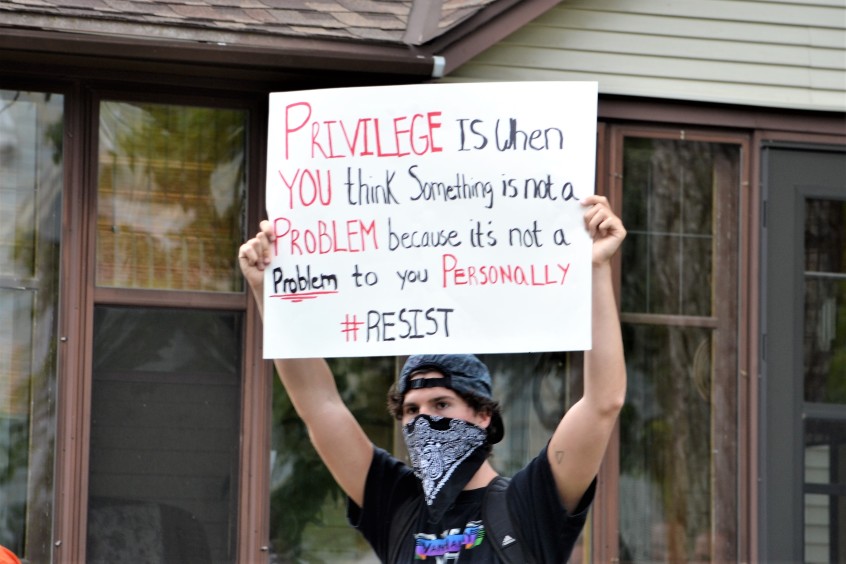
Editorial by Matthew Currie Holmes
Knowing this group article was happening, I wrote an op-ed about the Joe Bob fiasco and had every intention of publishing it. I wrote about free speech about how Morbidly Beautiful had every right to publish (Aaron Hudson’s) original piece.
I wrote about how Joe Bob Briggs has been in the news for saying some inflammatory shit and about how there are complex feelings that exist simultaneously. EXAMPLE: Have you ever been in love and hated the person you were in love with? Or… how many of us have had our collective hearts broken by an artist whose art we ADORE, even though they’ve turned out to be a steaming pile of dog shit?
And, like I said, I was ready to hit send.
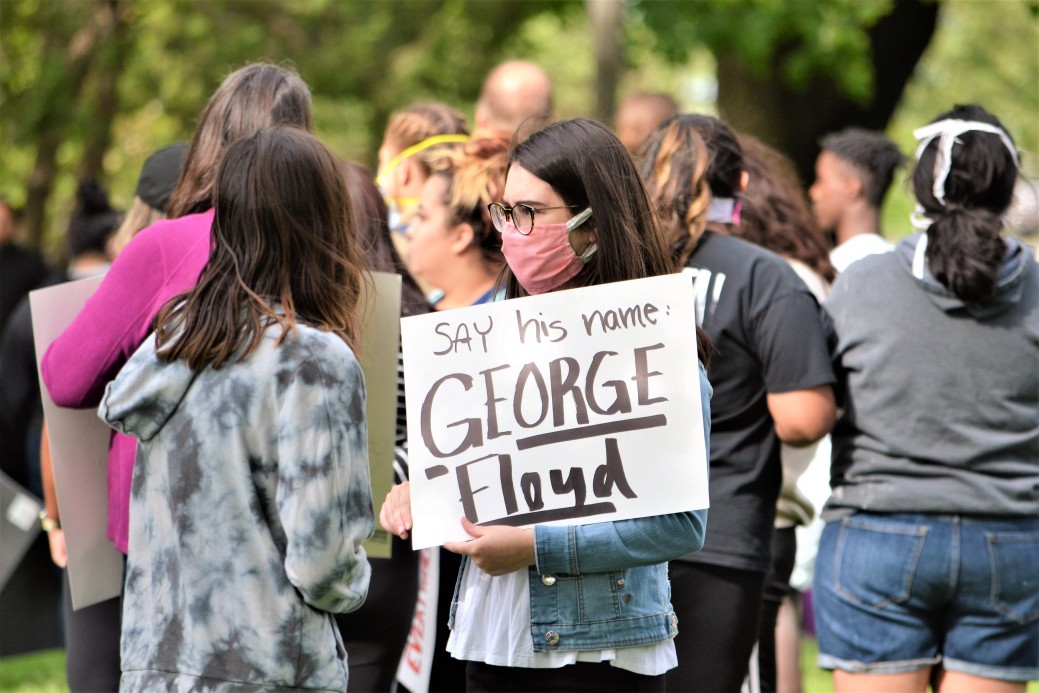
And then everything changed.
We witnessed a man die recently. Ugh, say his fucking name, MCH… stop with the platitudes. We all watched as George Floyd was killed right before our eyes. He cried for his dead mother seconds before he passed out. We all watched as the officer pressed his knee to George’s throat, all while he kept his hand in his pocket. We all watched George Floyd die. Just like we watched Ahmaud Abrey die the week before and Breonna Taylor the week before that.
Suddenly me mansplaining about how “it’s not what’s said, but how it’s taken” and “I’m not the same guy I was years ago and how I’d rather be a hypocrite than the same person my whole life” just seemed trite.
So I stopped writing the op-ed. Then I realized something.
Everything didn’t “change”. In fact, NOTHING has changed. Marginalized people are being oppressed all the time, their necks being crushed by the weight of more powerful, privileged people. Nothing’s changed, I just didn’t see it. I was focused on other things. But it’s all connected, and the common denominator is privilege.
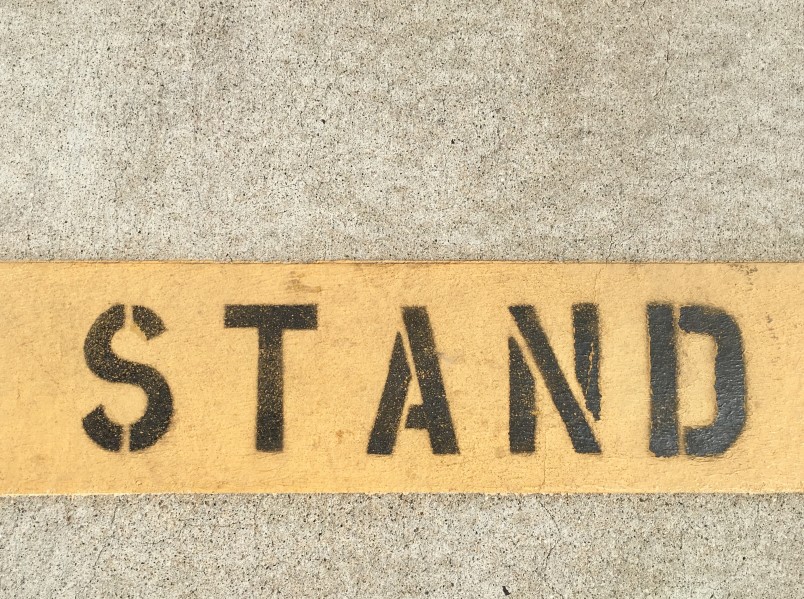
I’m a white, cisgender, heterosexual, middle-aged man.
That’s a pretty specific lens to see through. My lens has many blindspots, but thankfully it expands with new information I receive from diverse voices from across the cultural spectrum.
I am privileged, not because of anything I’ve accomplished or have overcome, but because I benefit from a system that was built on what my ancestors have taken away from others who do not look like me. Doesn’t seem fair. It isn’t.
Right now, I want to talk to my fellow white dudes. We have had a voice and have been seated at the head of the table for a long time, and I think it’s time we offer the seat to others.
We need to shut the fuck up, sit on the bench for a bit and absorb other points of view — even though it’ll hurt, even if it cracks our lens. We need to listen to other voices, learn to educate ourselves. To have the discussions that are going to be very difficult. We need to engage.
Oh, and we’re totally going to fuck it up… and that’s okay! We will have some information, and we will do what we always do, BE HEARD. And we will be wrong.
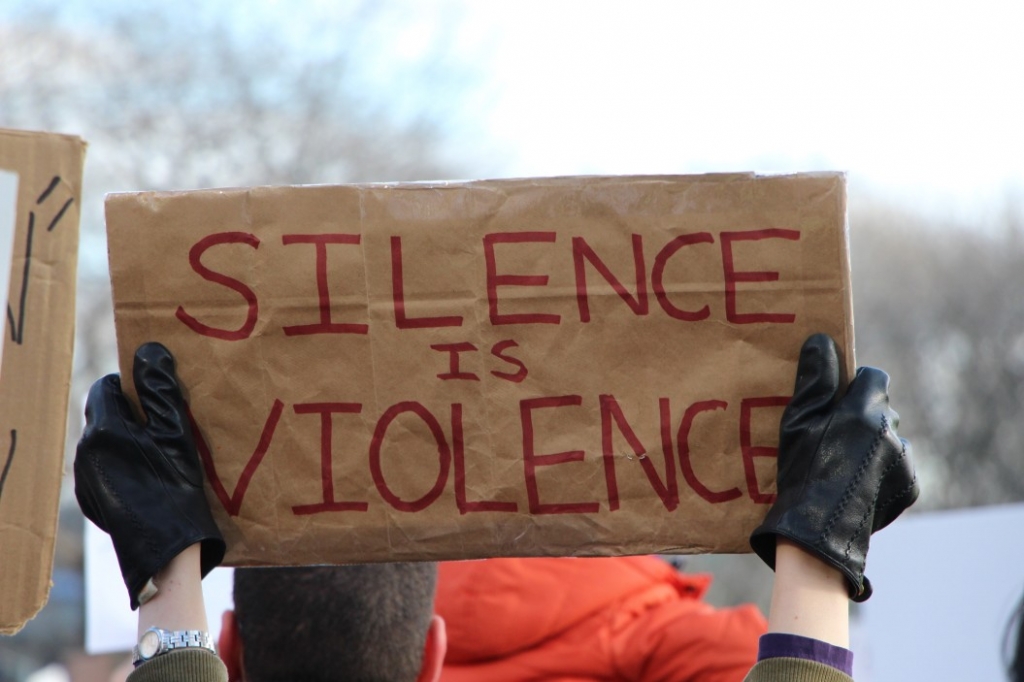
But that’s okay because we’re going to do things differently this time.
This time, we are going to stand up and say, “I was wrong. I’m listening. I will do better.”
We will not ask our black friends, our LGBTQ friends, or our marginalized friends to ‘teach’ us how to be an ally. We need to understand that right now, our friends are in the fight of their lives, and they do not need to take time out of their day to educate us.
We’ve been educated for centuries.
White dudes, this is not going to be easy. It’s going to be painful and uncomfortable, and we’re going to have to face some ugly truths about ourselves —about what it means to be seen through a different set of eyes, a different lens. We will be seen through the eyes of people who have not had it as good as we have — not because we’ve earned it, remember, but because we TOOK it.
Let’s just call it… we have been taking it forever.

Right now, I am just as confused as you are.
On the one hand, I know my voice is strong, and I know it’s louder than a lot of other voices. And I feel it’s up to me, now, to speak truth to power. I have to speak to other people who look like me but who haven’t quite expanded their lens yet.
But on the other hand, I know I need to listen.
I need to be more supportive, more inclusive. I need to be compassionate and sympathetic to the voices that differ from my own. I need to need to share my toys, share my platform; lift other voices, make them as loud as mine.
And if there was a third hand, it would be cradling my anguished soul and stroking the ego of my white fragility. This outrage, I’ve felt it before; I’ll feel it again. And again, and again. And yet… there is no change from me. How do I change and become someone of use for the long haul? (This article is a good start: http://edchange.org/
This isn’t a zero-sum game, right? One win for ‘them’ does not equal one loss for ‘us,’ right? I can do both, right? I can conquer my white fragility and be of service to marginalized voices, right?
Absolutely.
White dudes, if we just keep listening, we can figure out how best to use our platform, privilege and voice to fight injustice.
Let’s educate ourselves, take the hits as they come, and stand shoulder-to-shoulder with our friends who are fighting for their lives.


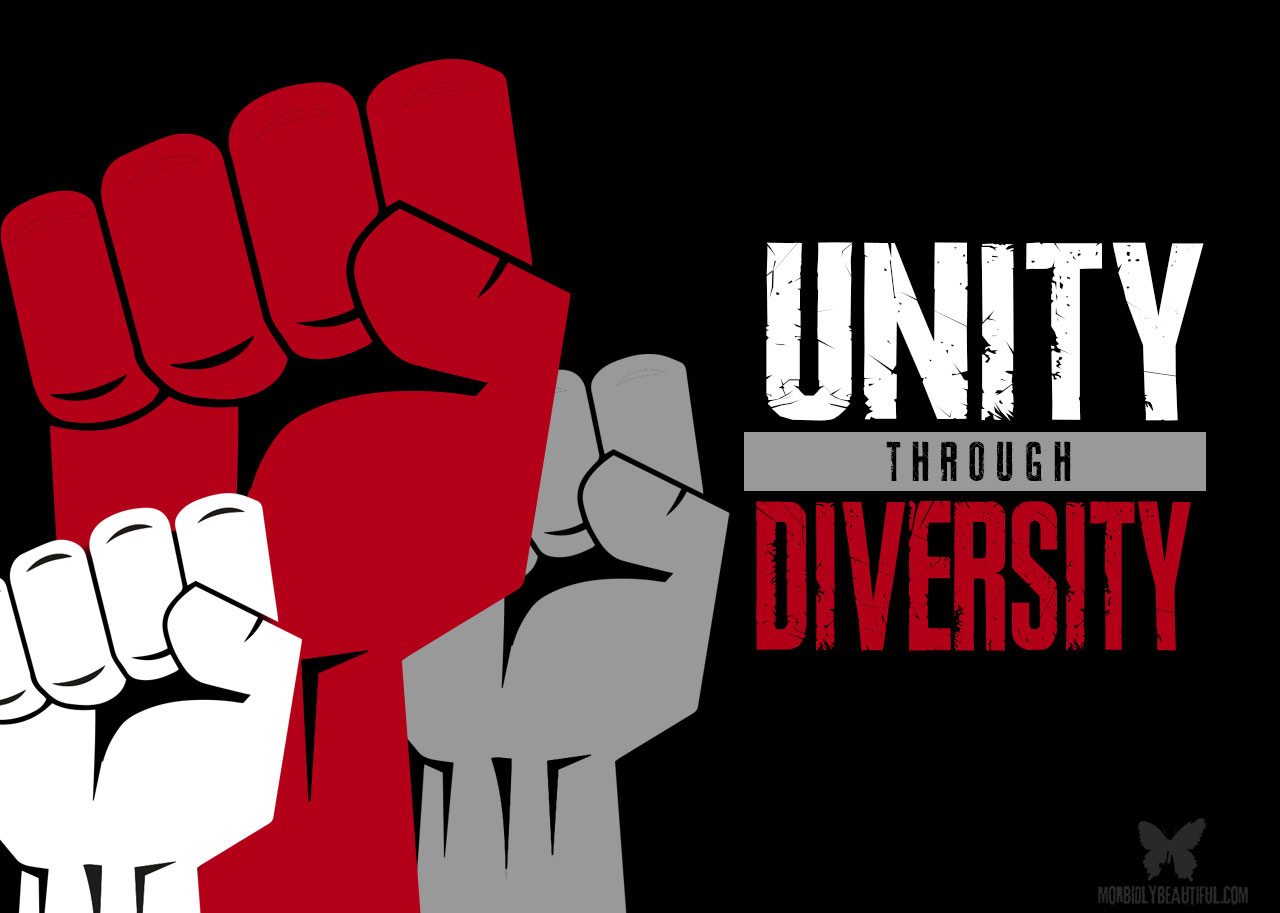





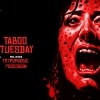
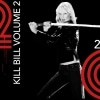
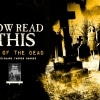
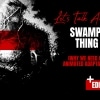
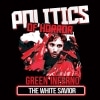
Follow Us!